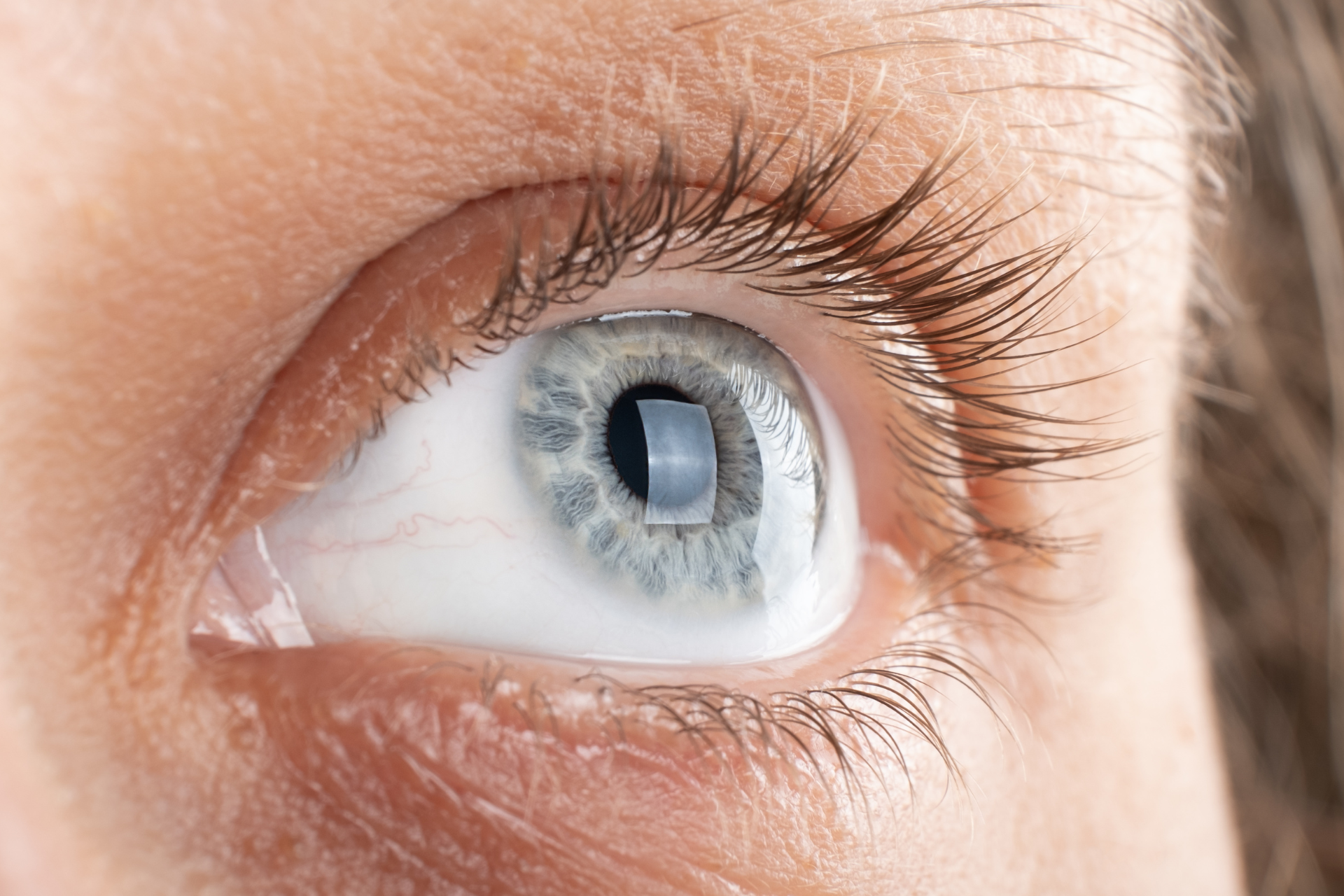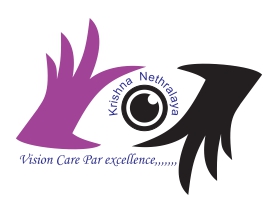Home > Corneal blindness
Hope Beyond Darkness: The Power of Corneal Transplantation
Corneal blindness has imposed a considerable threat on humanity. The increase in the number of cases of corneal blindness has been alarming. Our experts are here to treat the problem and ensure that you regain your lost vision in the most efficient way.


This page will focus on the causes of the alarming rise of corneal blindness and the preventive measures to cure the problem. The transparent front layer of the eye is called the cornea. The cornea gets infected by diseases or certain injuries. Also, genetic problems can affect the cornea. Such disorders result in corneal blindness.
The most alarming fact related to corneal blindness is that it can affect people even in their youth. Like cataracts or glaucoma, corneal blindness does not specifically affect aged people. It mainly affects youth from economically backward sections of society dwelling in remote areas. In such places, healthcare facilities are inadequate to assist with eye-related problems. Hence, it causes considerable eye problems resulting in corneal blindness.
On a broader spectrum, corneal blindness not only affects the eyes but also causes blindness. There are a few effective measures that can prevent corneal blindness. Also, corneal blindness can be eradicated with the process of corneal transplantation to decrease the risks of the disorder on overall health. Our experts provide adequate assistance for treating corneal blindness. We are equipped with modern technologies to fight unique challenges and help our patients to enhance their eyesight.
The causes of corneal blindness can be attributed to the following factors-
a. Corneal transplantation
Corneal transplantation is the process through which a healthy cornea can replace the affected part of the cornea. The transplantation can successfully take place only if an individual has donated the eyes after their death. The increasing rate of corneal blindness demands more awareness of eye donation for effective corneal transplantation.
b. Lifestyle modification
It is essential to maintain hygiene of hands and face to reduce eye infections. Intake of foods rich in vitamin A reduces the chances of eye diseases. Also, medicines and eyedrops, as prescribed by an ophthalmologist, can ensure a healthy cornea and decrease the risks of corneal blindness.
One of the most effective ways of treating corneal blindness is through corneal transplantation. It is done with the help of a donor whose healthy cornea replaces the infected cornea resulting in healthy eyesight.
Corneal transplantation has been found to be effective in maximum cases for regaining clear vision. An expert ophthalmologist must do the surgery to ensure the best result.
An ophthalmologist might recommend non-surgical methods like wearing spectacles or contact lenses for improving eyesight. But corneal transplantation remains the most efficient method for restoring eyesight.
There are certain ways to keep your cornea safe. Some ways are –
Individuals who possess a healthy cornea can become a donor. However, there are certain criteria that must be met for donating the cornea after death.
There are certain factors that ensure the success of the process. Existing eye conditions and overall health factors determine the success rate. Also, skilled professionals are required to ensure the efficacy of corneal transplantation.
Corneal transplantation is available mainly in developed countries. However, in developing countries and remote areas, there need to be more proper medical facilities that limit the scope for conducting the procedure of corneal transplantation.
Some types of corneal diseases are hereditary. They are related to genetic factors that hugely impact eyesight resulting in corneal blindness.
We use modernized equipment for surgery that considerably reduces the risk factors. However, there might be chances of infections or feelings of uneasiness post-surgery. An expert can guide their patient post-surgery and help to minimize complications.
The expense depends on location and the availability of medical facilities. We will provide more information regarding the expenses at our clinic to help you to make a well-informed decision regarding the surgery.
Stay connected with the latest advancements in eye care and receive exclusive insights by subscribing to our informative newsletter

Discover unparalleled eye care at the best eye hospital in Yelahanka. Our renowned facility, led by the best eye doctors in Yelahanka, is dedicated to preserving your vision and enhancing your ocular well-being.
Copyright © 2022. All rights reserved by krishna nethralaya